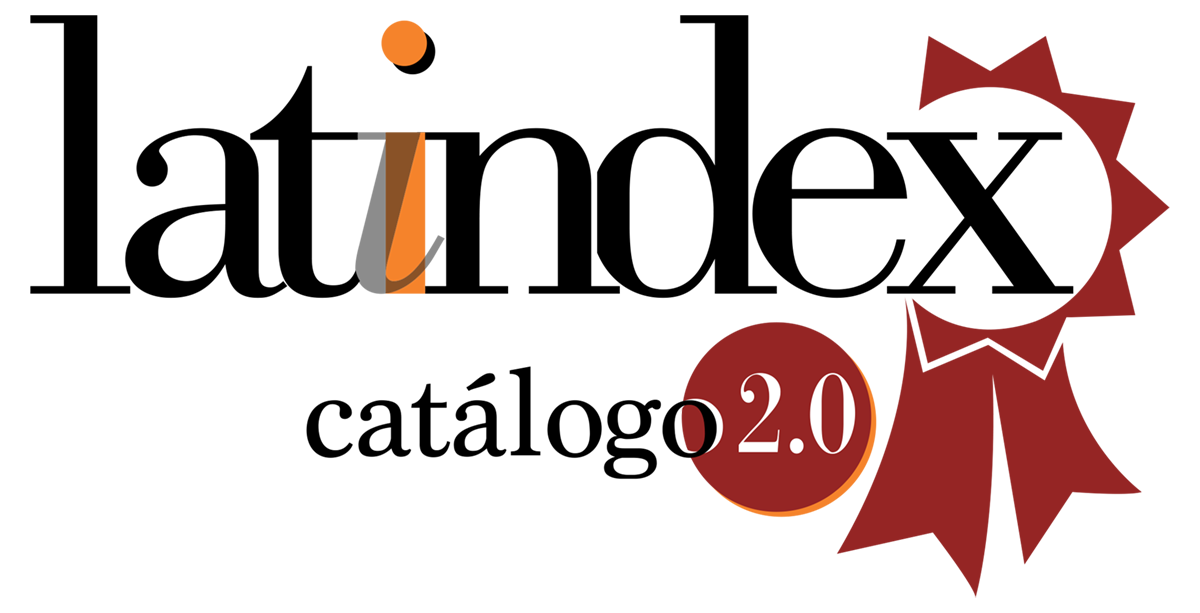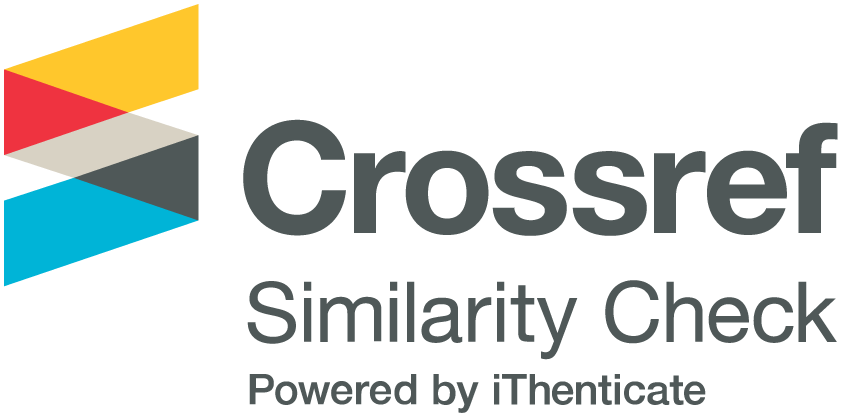Students as Rational Actors in Multiple-choice Tests and How to Mark their Mistakes
DOI:
https://doi.org/10.54790/rccs.69Keywords:
closed-ended question, exam, grading, penalty, rational action, student, testAbstract
Sociologists teaching at universities have seen how multiple-choice tests with closed-ended questions have become the norm in the discipline. If wrong answers are not penalised, these tests become a context that favours the emergence of rational actors in the form of the student-player. Such students minimise their effort by taking advantage of the probability of answering correctly out of luck. By applying the definition of a Bernoulli random variable, this methodological note presents the score that must be awarded to incorrect answers in exams, regardless of the number of questions and response options. Deviating from this score means one of two things: favouring the emergence of the student-player, or overly penalising the risks taken by students when sitting exams.
Downloads
Metrics
References
Andreasen, K. E., Rasmussen, A. e Ydesen, C. (2013). Standardized testing. En J. Ainsworth Ed.), Sociology of Education: An A-to-Z Guide (pp. 737-739). Thousand Oaks, CA: Sage.
American Statistical Association (2013). Should you guess? Interview with Rajeeva Laxman Karandikar. Acceso 8 julio 2023. Disponible en: http://www.worldofstatistics.org/2013/03/04/should-you-guess/.
Arnáiz, G. (1986). Introducción a la estadística teórica. Madrid: Lex Nova.
Baclawski, K. (2008). Introduction to probability with R. Boca Raton, FL: Chapman & Hall/CRC. https://doi.org/10.1201/9781420065220
Bennett de Marrais, K. y LeCompte, M. (1998). The way schools work: A sociological analysis of education. London: Longman/Addison Wesley.
Bernoulli, J. ([1713] 1993). Teoría de probabilidades (Ars conjectandi). Madrid: Sociedad Española de Historia de las Ciencias y de las Técnicas, Llull.
Bickis, Mikelis G. (2017). STATS 244.3. Elementary Statistical Concepts. Scoring Multiple Choice Exams. Acceso 8 julio 2023. Disponible en: http://math.usask.ca/~bickis/courses/stats244/marking.html.
Case, S. M. y Swanson, D. B. (2001). Constructing Written Test Questions for the Basic and Clinical Sciences. 3.ª edición. Philadelphia, PA: National Board of Medical Examiners.
Dehnad, A., Nasser, H. y Hosseini, A. F. (2014). A Comparison Between Three-and Four-Option Multiple Choice Questions. Procedia. Social and Behavioral Sciences, 98, 398-403. https://doi.org/10.1016/j.sbspro.2014.03.432
Edwards, N. T. (2006). The historical and social foundations of standardized testing: In search of a balance between learning and evaluation. Shiken and Shiken Research Journal: JALT Testing and Evaluations SIG Newsletter, 10, 8-16.
Gaviria, J. L. (2020). Recomendaciones para la Elaboración de las Preguntas. Vicerrectorado de Tecnología y Sostenibilidad, Universidad Complutense de Madrid. Acceso 8 julio 2023. Disponible en: https://www.google.com/url?sa=t&rct=j&q=&esrc=s&source=web&cd=&ved=2ahUKEwiBoYOztv__AhWEXcAKHf-nAIcQFnoECA4QAQ&url=https%3A%2F%2Fderecho.ucm.es%2Ffile%2Frecomendaciones-para-elaborar-preguntas-a-traves-de-herramienta-cuestionario-moodle&usg=AOvVaw0cZadEz-i2iJ-rQwHGdZsp&opi=89978449.
Goslin, D. A. y Glass, D. C. (1967). The social effects of standardized testing in American elementary and secondary Schools. Sociology of Education, 40(2), 115-131. https://doi.org/10.2307/2112040
Icaro100 (2010). Campaña de impugnación de exámenes tipo test alegando la ilegalidad de la penalización. Tribuna del Jurista. Acceso 8 julio 2023. Disponible en: https://tribunadeljurista.foroes.org/t1486-campaa-de-impugnacin-de-exmenes-tipo-test-alegando-la-ilegalidad-de-la-penalizacin-adjunto-formulario-de-impugnacin.
Levitt, S. D. y List, J. A. (2008). Homo economicus evolves. Science, 319(5865), 909-910. https://doi.org/10.1126/science.1153640
Martín-Pliego, F. J. y Ruiz-Maya, L. (2006). Fundamentos de Probabilidad. Madrid: Ediciones Paraninfo.
Morales, M. A. (2017). Las matemáticas de la fórmula de puntuación de exámenes test. El País, 22 de febrero. Acceso 8 julio 2023. Disponible en: https://elpais.com/elpais/2017/02/22/el_aleph/1487760836225306.html.
Muñoz Clares, J. y Caballero Salinas, J. M. (2019). Problemática de los exámenes test con merma por respuesta errónea. Revista Aranzadi Doctrinal, 7.
Palés-Argullós, J. (2010). ¿Cómo elaborar correctamente preguntas de elección múltiple? Educación Médica, 3. https://doi.org/10.4321/S1575-18132010000300005
Pes, C. (2009). ¿Cómo Aprobar Un Examen Tipo Test? Acceso 8 julio 2023. Disponible en: https://www.carlospes.com/articulos/como_aprobar_un_examen_tipo_test.php.
Psiconociendo (2022). 12 Trucos Para Aprobar Un Examen Tipo Test Sin Estudiar. Youtube. Acceso 8 julio 2023. Disponible en: https://www.youtube.com/watch?v=gR9yHCOW05c&list=RDLVuv0hBxbx3Tk&index=6.
Schneid, S. D., Armour, C., Park, Y. S., Yudkowsky, R. y Bordage, G. (2014). Reducing the number of options on multiple-choice questions: Response time, psychometrics and standard Setting. Medical Education, 48(10): 1020-1027. https://doi.org/10.1111/medu.12525
Sentipia (2022). Cómo Responder Exámenes Tipo Test para Aprobar. Youtube. Acceso 8 julio 2023. Disponible en: https://www.youtube.com/watch?v=uv0hBxbx3Tk&list=RDLVuv0hBxbx3Tk&index=1.
Stanbrough, J. L. (2009). The guessing penalty. Let’s do the math, shall we? Batesville, IN: Batesville Community School Corporation. Acceso 8 julio 2023. Disponible en: http://www.batesville.k12.in.us/Physics/CalcNet/Intro/guessing_penalty.htm
Thomas, W. I. y Thomas, D. S. (1928). The Child in America: Behavior Problems and Programs. New York, NY: Knopf.
UNED (2020). Acceso al Depósito de Exámenes. Acceso 8 julio 2023. Disponible en: http://www.calatayud.uned.es/examenes/examenes_step_0.asp.
Weber, Max ([1922] 1982). Ensayos sobre metodología sociológica. Buenos Aires: Amorrortu.
Downloads
Published
How to Cite
Issue
Section
License
Copyright (c) 2023 Daniel Guinea Martín

This work is licensed under a Creative Commons Attribution-NonCommercial-ShareAlike 4.0 International License.










